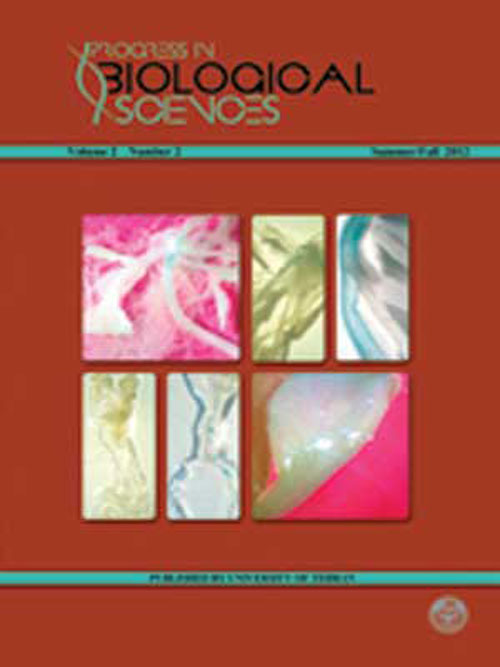Comparison of biochemical properties of recombinant phytase expression in the favorable methylotrophic platforms of Pichia pastoris and Hansenula polymorpha
Author(s):
Abstract:
Phytic acid is the dominant form of phosphorous in plant seeds. However, phytic acid cannot be utilized by animals and causes them serious phosphate deficiency. Utilization of phytase as an animal feed additive can affect liberation of phosphor and its mineral availability. In this study, heterologous expression of the A. niger phyA gene was investigated in the methylotrophic yeasts P. pastoris and H.polymorpha and its expressed active recombinant phytase biochemical and biophysical properties were studies and compared to native A.niger phytase. The phyA gene sequence of A.niger was designed and expression of synthetic genes was highly successfully in active form in both yeast hosts. Size of the secreted recombinant phytases, due to heavy glycosylation, varied from 50 to 65 KDa. Expressed extracellular recombinant phytase samples were purified and biochemical tests on properties demonstrated that both recombinant phytase samples had similar pH profiles with pH optima determinations of pH 2.5, pH.5.5 as acidphosphatase and optimum temperature of 60 and 50 °C respectively in P. pastoris and H.polymorpha. This study concludes that recombinant P. pastoris and H. polymorpha phytases could fulfil a series of predefined industrial quality criteria for application as animal feed supplement.
Keywords:
Language:
English
Published:
Progress in Biological Sciences, Volume:4 Issue: 1, Winter and Spring 2014
Pages:
95 to 109
https://www.magiran.com/p1271144


